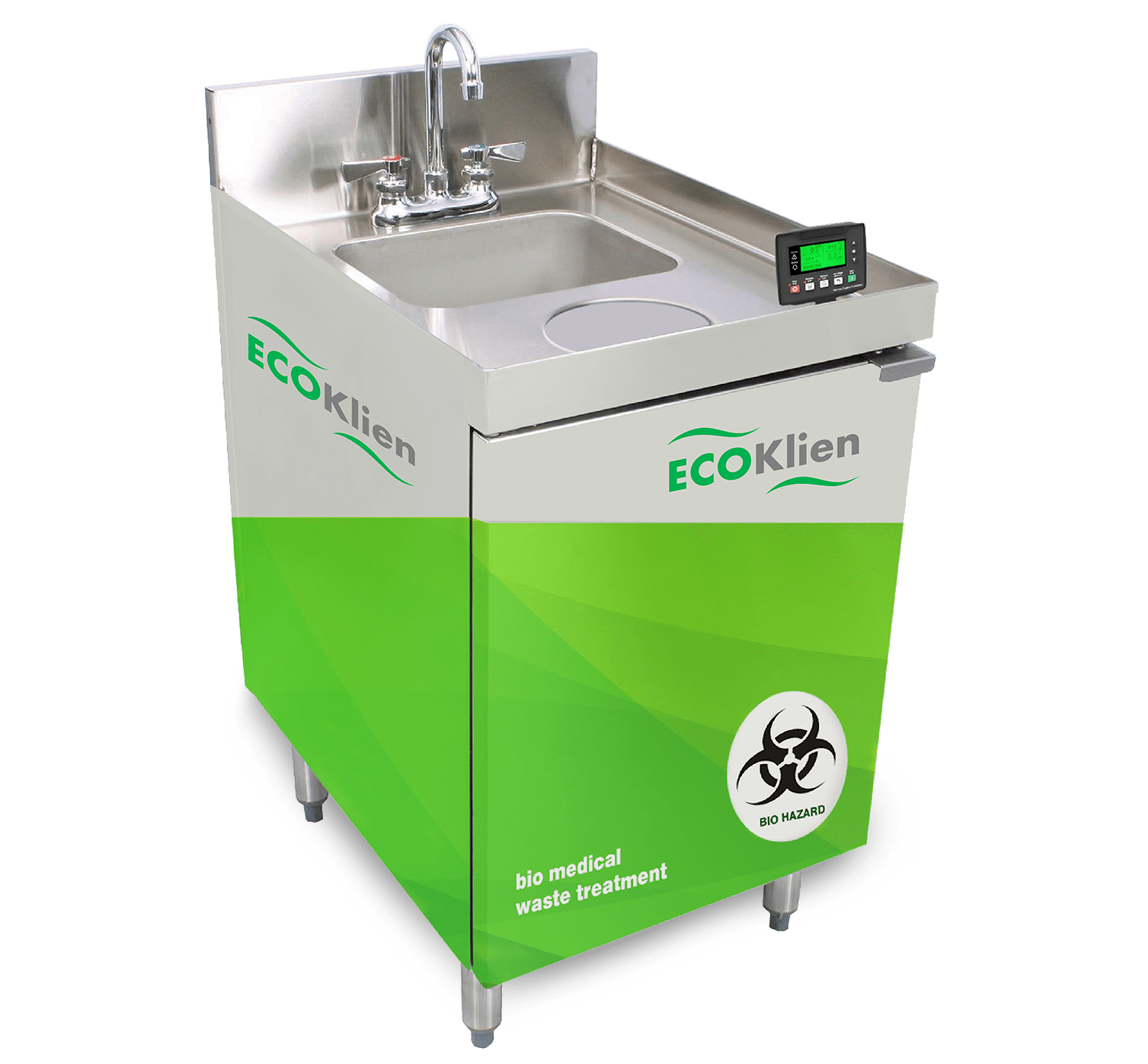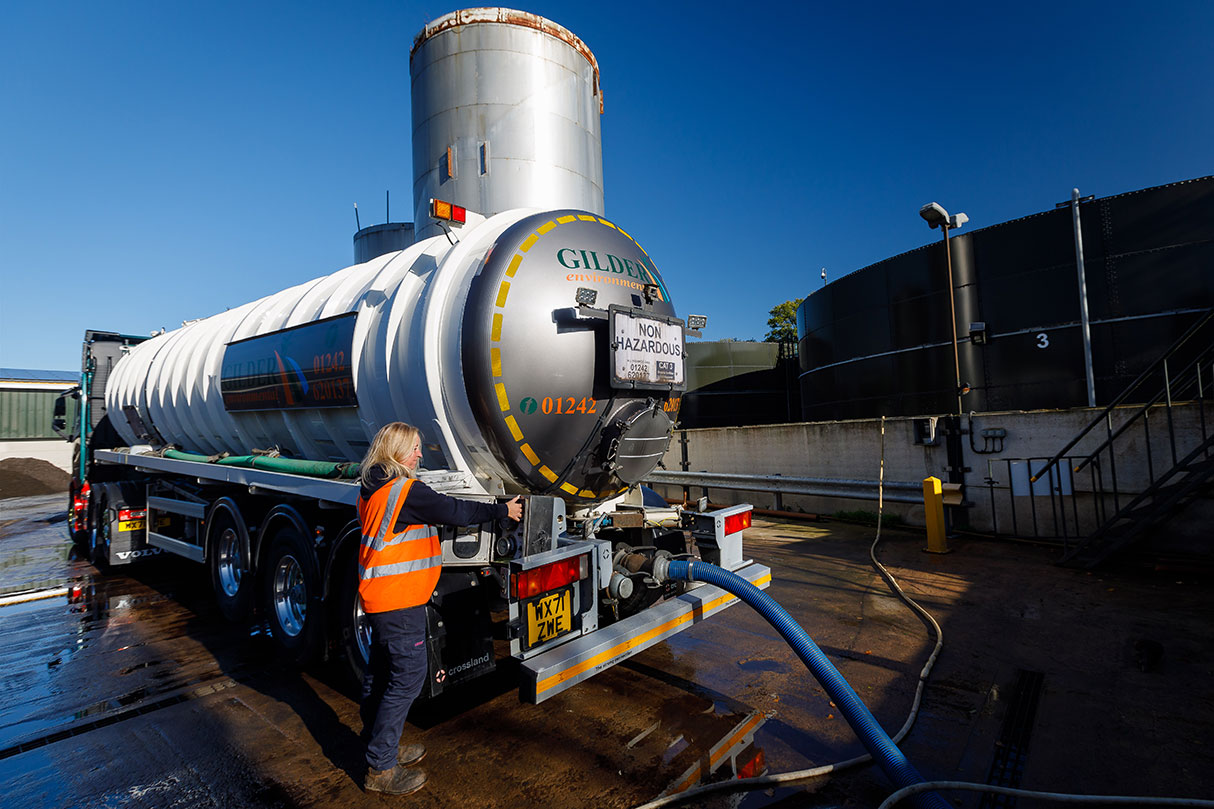Comprehending the Comprehensive Refine of Liquid Waste Disposal: Finest Practices and Environmental Effect Considerations
The administration of liquid waste disposal is a complex issue that calls for a comprehensive understanding of numerous ideal techniques and their connected ecological impacts. From the kinds of fluid waste produced to the techniques used for collection, therapy, and final disposal, each action plays an essential role in safeguarding communities and public health. As regulatory criteria progress and innovation advancements, the conversation around these procedures ends up being significantly essential. What ramifications do these changes hold for future sustainability efforts, and just how can stakeholders make sure that they are sufficiently dealt with?
Sorts Of Liquid Waste
Understanding the various kinds of liquid waste is essential for reliable management and disposal practices. Liquid waste can be generally classified right into several kinds, each requiring distinct handling and therapy methods.
Industrial fluid waste frequently has dangerous products, including hefty steels, solvents, and chemicals, produced throughout manufacturing processes. These wastes require strict regulatory compliance to safeguard human health and wellness and the environment. Domestic liquid waste largely refers to wastewater created from households, including sewage and greywater, which, although much less poisonous, can still pose considerable threats if poorly managed.
Agricultural fluid waste, consisting of overflow from farms, commonly contains fertilizers and chemicals that can bring about ecological destruction if not dealt with properly. Medical liquid waste, produced from medical care facilities, includes contaminated fluids such as bodily fluids and chemicals, requiring specialized disposal methods to protect against infection and environmental contamination.
Finally, oil and grease waste, usually produced by dining establishments and automotive sectors, can create severe obstructions in drain systems if not managed effectively. Understanding these categories facilitates targeted strategies for therapy, conformity with guidelines, and efficient disposal techniques, ultimately advertising environmental sustainability and public wellness security.

Collection Approaches
Efficient collection methods are important for the proper monitoring of fluid waste, making sure that it is gathered securely and effectively before treatment or disposal. Numerous techniques are employed depending on the kind of liquid waste created, the volume, and the particular qualities of the waste.
One usual technique is making use of dedicated collection tanks or sumps, which are created to capture liquid waste at the source. These systems typically incorporate pumps that promote the transfer of waste to larger storage space containers or therapy centers. Additionally, mobile collection devices equipped with vacuum cleaner modern technology are utilized in scenarios where waste is generated intermittently or in hard-to-reach areas.
For industrial setups, closed-loop systems can efficiently decrease leakages and spills, permitting the healing and reuse of fluid waste. It is additionally necessary to train workers on correct collection procedures to mitigate dangers related to hazardous substances.
Furthermore, applying routine maintenance schedules for collection tools ensures ideal efficiency and safety. The assimilation of innovative monitoring systems can improve collection efficiency by supplying real-time data on waste levels and prospective hazards. Generally, reliable collection approaches are fundamental to sustainable fluid waste administration techniques.
Therapy Procedures
Therapy procedures play an essential role in the management of liquid waste, changing possibly harmful materials right into reusable resources or risk-free effluents - liquid waste disposal. These procedures can be extensively categorized into physical, chemical, and biological approaches, each customized to attend to certain pollutants existing in the waste stream
Physical therapy approaches, such as sedimentation and filtering, work by getting rid of put on hold solids and particulate matter. These strategies are often the initial step in the therapy chain, successfully reducing the tons on subsequent procedures. Chemical therapies involve the use of reagents to reduce the effects of unsafe substances, speed up heavy metals, or oxidize natural contaminants, thereby boosting the security of the effluent.
Organic treatment processes, including turned on sludge systems and anaerobic digestion, capitalize on the natural capacities of bacteria to degrade raw material. These methods are specifically reliable for wastewater consisting of naturally degradable toxins. Advanced treatment technologies, such as membrane purification and advanced oxidation procedures, are significantly employed to accomplish greater degrees of filtration.
Including a mix of these treatment techniques not just ensures conformity with governing criteria however additionally advertises environmental sustainability by recuperating valuable sources from fluid waste.
Disposal Options
Just how can organizations guarantee the secure and responsible disposal of liquid waste? Reliable disposal alternatives are vital for safeguarding public health and the atmosphere. The main approaches consist of land disposal, treatment, and incineration followed by discharge right into metropolitan wastewater systems.
Land disposal entails the mindful containment of fluid waste in marked landfills, guaranteeing click to read that it does not leach into bordering dirt or water. Incineration, on the various other hand, topics liquid waste to high temperatures, transforming it into ash and gases, which need appropriate purification to reduce discharges. This technique appropriates for contaminateds materials that can not be treated with standard ways.
In cases where liquid waste can be dealt with, companies may go with chemical or biological therapy processes to neutralize hazardous components before releasing the dealt with effluent into community systems. This route usually lines up with regulatory requirements, ensuring that the effluent fulfills safety and security criteria.
Eventually, organizations should carry out complete analyses of each disposal alternative to identify its viability, considering factors such as waste structure, regulative compliance, and potential threats to wellness and the setting. By selecting proper disposal techniques, services can add to a responsible waste monitoring technique.
Ecological Impact
The ecological influence of liquid waste disposal is an essential factor to consider for companies looking for to minimize their environmental footprint. In addition, the discharge of without treatment or improperly dealt with waste right into surface waters can result in eutrophication, leading to oxygen Going Here depletion and the subsequent death of fish and various other organisms.

To mitigate these impacts, companies have to take on finest practices such as carrying out extensive waste treatment processes, promoting recycling and reuse, and sticking to regulative requirements. By taking a proactive strategy to liquid waste management, entities can significantly reduce their ecological impact while supporting lasting advancement goals. Inevitably, an extensive understanding of the ecological impacts associated with fluid garbage disposal is vital for notified decision-making and responsible stewardship of natural deposits.
Conclusion
Efficient management of fluid waste is vital for protecting ecological honesty and public health. Eventually, a comprehensive understanding of fluid waste disposal not only reduces ecological influences however additionally cultivates a commitment to accountable resource monitoring and environmental stewardship.
The management of liquid waste disposal is a diverse issue that needs a thorough understanding of different finest methods and their linked environmental impacts. From the types of liquid waste generated to the methods used for collection, therapy, and last disposal, each action plays a critical role in securing ecosystems and public health.The environmental effect of liquid waste disposal is an important factor to consider for companies seeking to reduce their environmental footprint. Inevitably, a comprehensive understanding of the environmental click this link effects connected with liquid waste disposal is important for notified decision-making and responsible stewardship of natural resources.
Ultimately, a comprehensive understanding of fluid waste disposal not just mitigates ecological influences however likewise fosters a commitment to responsible source monitoring and ecological stewardship.